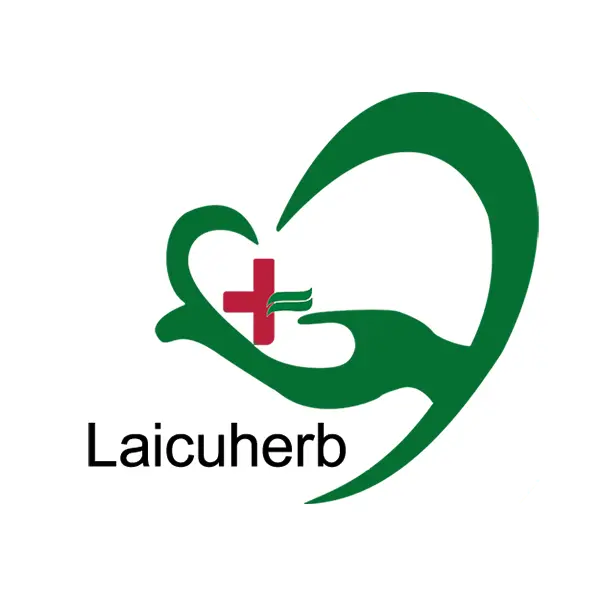A Closer Look at Premenstrual Syndrome (PMS)
Premenstrual syndrome, or PMS, refers to a collection of physical and emotional changes that many women experience in the days or weeks leading up to their menstrual period. The variety of symptoms can be quite broad, from fluctuating moods to physical discomfort. It is estimated that approximately three out of every four menstruating women have encountered some form of premenstrual syndrome.
These symptoms generally follow a predictable monthly pattern. The intensity of these physical and emotional shifts can range from barely noticeable to quite severe, impacting your daily life. The good news is that you don't have to let these challenges take over. With a combination of treatment and lifestyle adjustments, you can effectively reduce or manage the signs and symptoms of PMS.
Signs and Symptoms
The range of potential signs and symptoms for premenstrual syndrome is extensive, though most women only experience a few of them.
Emotional and Behavioral Changes
- Feelings of tension or anxiety
- A sad or depressed mood
- Sudden crying spells
- Mood swings, irritability, or anger
- Changes in appetite and strong food cravings
- Difficulty sleeping (insomnia)
- A tendency to withdraw from social activities
- Poor concentration or focus
- A change in sexual desire

Physical Symptoms
- Aches or pain in joints or muscles
- Headaches
- Feeling tired or drained
- Weight gain due to fluid retention
- Bloating in the abdomen
- Tender or sensitive breasts
- Acne breakouts
- Constipation or diarrhea
- Reduced tolerance to alcohol

For some individuals, the emotional and physical distress is so severe that it interferes with their normal daily routines. However, for most women, these signs and symptoms typically fade within four days after their menstrual period begins.
It's important to note that a small percentage of women with PMS experience symptoms that are disabling every month. This more severe form of PMS is known as premenstrual dysphoric disorder (PMDD). Signs and symptoms of PMDD include severe depression, extreme mood swings, intense anger, anxiety, feeling overwhelmed, trouble concentrating, irritability, and tension.
When to See a Doctor
If you have tried to manage your PMS with lifestyle adjustments and your symptoms continue to affect your health and daily activities, it's a good idea to consult your doctor.
Potential Causes
The exact cause of premenstrual syndrome is still not fully understood, but a number of factors may be contributing to the condition:
Cyclic Changes in Hormones: The signs and symptoms of PMS often correspond with hormonal fluctuations and completely disappear during pregnancy and menopause.
Changes in Brain Chemistry: Fluctuations in serotonin, a crucial brain chemical (neurotransmitter) that influences mood, might trigger PMS symptoms. A deficiency in serotonin could contribute to premenstrual depression, as well as fatigue, food cravings, and sleep disturbances.
Underlying Depression: Some women with severe premenstrual syndrome may also have undiagnosed depression. However, depression on its own is not the sole cause of all PMS symptoms.
It should be noted that PMS may worsen with age, so if you suspect you have PMS or have been diagnosed with it, please seek medical attention promptly.
References
Mayo Clinic: "Premenstrual syndrome (PMS) - Symptoms and causes"
Cleveland Clinic: "PMS: Premenstrual Syndrome"
Women's Health: "Premenstrual Dysphoric Disorder (PMDD)"
Healthline: "What Is Hormonal Imbalance?"
Healthline: "Serotonin vs. Dopamine: What's the Difference?"
NIMH: "Depression"

Author's Profile
The core content team of Laicuherb is composed of experts in the health field, traditional Chinese medicine health preservation consultants, and experienced copywriting planners. Some articles are signed by brand founders or R&D scientists. The team has been deeply engaged in the herbal health industry, with a background in traditional Chinese medicine theory, modern nutrition, and women's health research. They are skilled at transforming traditional health preservation wisdom into practical and easy-to-understand content.







